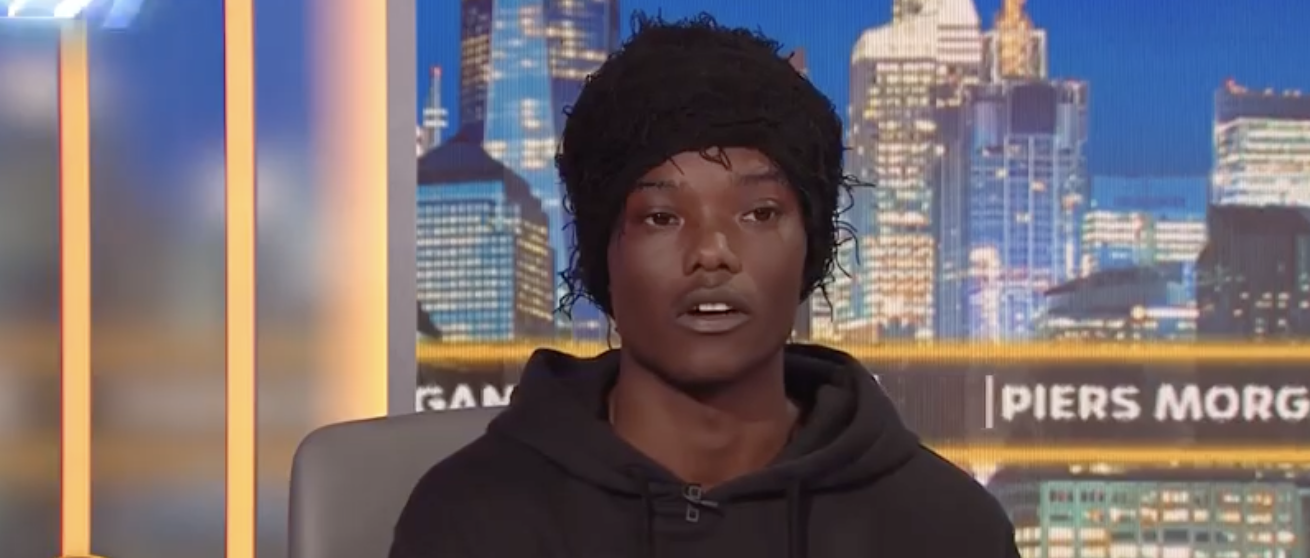
Gaming Editor Benjamin Oakden weighs in on controversial content creator Mizzy, and questions the relationship between online pranksters and their audience
It’s been quite a few weeks for Mizzy. The TikTok star, whose real name is Bacari-Bronze O’Garro, has gained notoriety online for his provocative ‘pranks’, which involve him goading members of the public through stunts like stealing a stranger’s dog and harassing women in a tube station late at night.
While he has always been a divisive figure, the law is catching up to Mizzy’s content. After being issued with a Community Protection Order last year, the eighteen-year-old was given a Criminal Behaviour Order and a £365 fine after uploading a video of him trespassing in a family’s home. On the 25th of May, he appeared in a TV interview with Piers Morgan, in which he simultaneously claimed that he was being treated too harshly because of his race and that UK laws were ‘too weak’ to punish him harshly enough. Then, on the 26th of May, O’Garro was arrested for breaching the terms of his Criminal Behaviour Order after uploading two more TikTok videos despite the terms of the order preventing him from doing so.
“Mizzy is merely the latest to take advantage of a well trodden formula
Ultimately, it’s hard to have a great deal of sympathy for Mizzy, with his prank videos causing a great deal of distress to his targets. And yet, we must also realise that Mizzy is also a symptom of a wider cultural issue around internet fame. He is by no means the first person to gain notoriety for these sorts of stunts. Internet prank videos have been released – and widely mocked, for well over a decade on platforms such as YouTube and Vine. Clearly, there is something about the outrageousness of this style of video that resonates with audiences; Mizzy is merely the latest to take advantage of a well trodden formula.
Much has been written about the threat of influencer culture and its effect on the behaviour of young people. But the process is a two-way street, as the demand of audiences for controversy is clearly impacting the behaviour and content of online creators. Mizzy himself puts it best, telling The Independent that ‘Controversy, even though it’s not good, is the best way to blow up on social media’. While his approach is clearly unethical, O’Garro has shown savviness and intelligence in knowing how to play the system and plot his rise to fame. ‘Controversy Sells’ is a tried and tested rule that pre-dates the internet – is Mizzy really any different from the punk rockers of the 1970s who used Nazi imagery to gain media attention? We clearly have an innate desire for outrage that transcends generations, with Mizzy being the latest in a long line to take advantage.
“With this desire for controversy generating views and profit there is every incentive for them to push this content to more and more viewers
What the internet and social media have done is make it easier for this behaviour to find an audience. Social media companies such as TikTok are driven purely by engagement. With this desire for controversy generating views and profit there is every incentive for them to push this content to more and more viewers. Mizzy’s behaviour is clearly foolish and attention-seeking, and he must now face the consequences of his actions. And yet, it never would have reached this point if he wasn’t pushed by the profit-seeking algorithms of TikTok and encouraged by his thousands of followers. The only way we can change the toxic behaviour of internet culture is to stop giving into our desire for controversy and start encouraging more moral and better quality content.
Read More from Life&Style:
‘Dressing Down’ or ‘Dressing Dull’: What is Coachella telling us about festival fashion?
The Rise of the Silver Female Fox
Dating as a Feminist: Taylor Swift’s New Relationship with Matty Healy
Comments